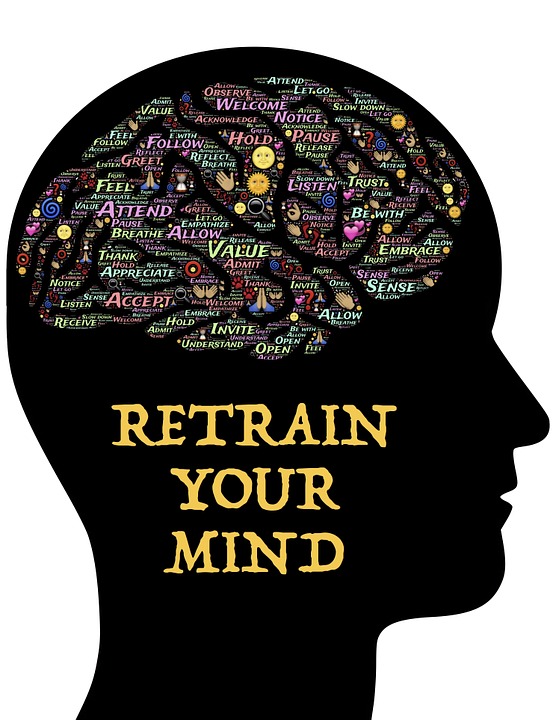
If you ask most people what they want in their lives and what is most important, they will likely tell you that they “want to be happy.” The desire for happiness is a universal want. It transcends culture, geography, age, and social status. The topic of happiness even finds its way into the academia, an example of its pervasiveness.
The most popular course at Harvard Medical School is a course on happiness. Taught by Harvard psychology professor Tal D. Ben-Shahar, Ph.D., the course is so popular that students wait a year or longer to get in.
Is it possible that we are overcomplicating the issue? Maybe happiness is easier than you think.
A Different Take
Happiness is traditionally defined as a state of well-being and contentment, joy, a pleasurable or satisfying experience; yet many people report that happiness is elusive or too often fleeting at best.
Modern happiness gurus like Ben-Shahar offer an altered take on what happiness is or can be. They invite us to walk around the subject and take a different look at the almost mystical feeling called happiness. They suggest not an “I’ll be happy when…” perspective, but allowing ourselves to see how happiness can be enjoyed anytime we choose to have gratitude and joy about the daily, simple blessings in our life.
Happy Right Now
The lesson is that there are things we can be happy about right now and continue to be happy about throughout the day, no matter what else has happened or is going on. These things and experiences are already built into our lives, and it is just a matter of focusing on the simple pleasures and joys these opportunities can provide.
Things That Spark Happiness:
- The peace and tranquility of rising early in the morning.
- Listening to birds singing.
- Watching strangers laugh and smile.
- Working cooperatively with others.
- Curling up with a good book on a rainy day.
- The pleasure of lying down on clean, soft bedding.
- Time with your best friend.
- Being kissed.
- The smell of apple pie baking.
- A moment of love shared with family.
- A home-cooked meal.
- A freshly cleaned bathroom.
- A long, hot bath or shower.
- Music that moves you.
- Sharing stories and memories.
- Being hugged.
- Breathing deeply.
- Completing a task or project.
- Time in a garden.
Think of all the things in your day that can bring joy or happiness when you allow yourself to be in the moments of your life, and share your hours and days with others and with yourself. Happiness is all around us. It is often just a matter of allowing ourselves to embrace it.
For a free chapter download about changing behavior, visit changingbehavior.org.
- For additional resources visit the National Institute of Whole Health.

 It seems today we have a large menu of things to choose to worry about, from the economy to the latest flu epidemic heading our way. It is no wonder this is called the “age of anxiety” or that we are losing our grip on happiness and it is being replaced with anxiety. If you are female, the news is even more disconcerting. Science demonstrates that women are more prone to worry – that is at least more than men are.
It seems today we have a large menu of things to choose to worry about, from the economy to the latest flu epidemic heading our way. It is no wonder this is called the “age of anxiety” or that we are losing our grip on happiness and it is being replaced with anxiety. If you are female, the news is even more disconcerting. Science demonstrates that women are more prone to worry – that is at least more than men are.





